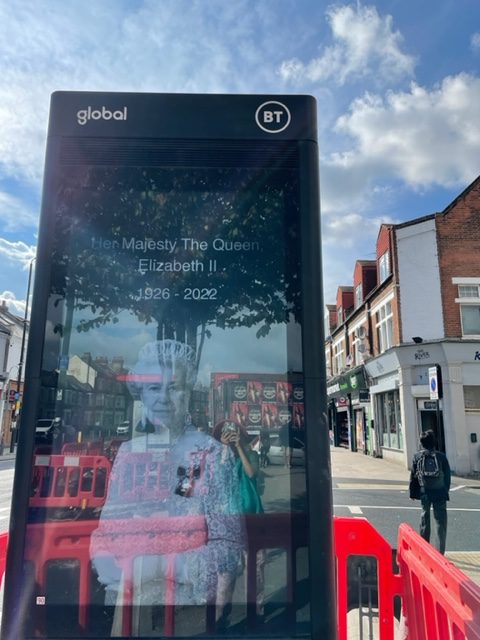‘There is no escape from history’ for Britain, its new king and the rest of us
Enlarge

Despite the BBC’s obsequious abandonment of sense and sensibility as it bows low, curtseys deeply and pays heartfelt obeisance to the British royal family, it has at least allowed David Olusoga to be a guest on some of its programmes.
One has to marvel at the BBC’s daring.
Adrift in a sea foaming with hagiographical highlights about Queen Elizabeth II, the British-Nigerian historian routinely throws the flailing lay news consumer a life ring of common sense.
Professor Olusoga’s unique perspective – a measured summing-up of what we’ve been witnessing – stands out in the rushing rivers of reminiscence, royal praise, anecdote and biographical sketch.
Don’t take the pageantry that stretches back 700 years too seriously, he warned on the BBC’s domestic Radio 4 on Sunday, Sept 11. It had been 72 hours since the Queen’s death and the Professor was advising Britain to enjoy what it could of the monarchical theatre but to keep firm hold of reality. We shouldn’t allow the words and actions from hundreds of years back to lull us into thinking everything’s alright with our country, he added. He finished by confessing to some worry that Britain is letting the echoes of a palatable and seemingly solid history to enfold and permeate it. The effect is like that of a narcotic, I would suggest (the Professor didn’t make that comparison).
David Olusoga's unique perspective stands out in the rushing rivers of reminiscence, royal praise, anecdote and biographical sketch
The Professor’s latest commentary in The Observer offers the same bracing common sense view of the present, as formed by the past and by our response to it.
In a riposte to those – including the BBC – who suggest that the Commonwealth loves the British royal family, Professor Olusoga writes: “In the early 21st century, there are some aspects of the past that can no longer be avoided or papered over, even by monarchs. In the 1950s, little was known and little had been written about Britain’s involvement in the Atlantic slave trade and slavery. Now that history is out of the bag, taught in schools in Britain and, more importantly, in the Caribbean. What that history reveals is that the monarchy itself, not just the British state, has a moment of reckoning ahead of it as three monarchs – Elizabeth I, Charles II and James II – were directly involved in the trade in enslaved Africans and two others, George III and William IV, defended the system. Another royal tour of the Caribbean and Americas, the site of 13 of the Commonwealth’s 54 nations, feels unimaginable until Britain and its head of state are able to confront these realities.”
And he ends: “There is no escape from history for either the new monarch or the Commonwealth”.
It’s not the history some of Britain seems to want at the moment, but it won’t go away.
Also read:

